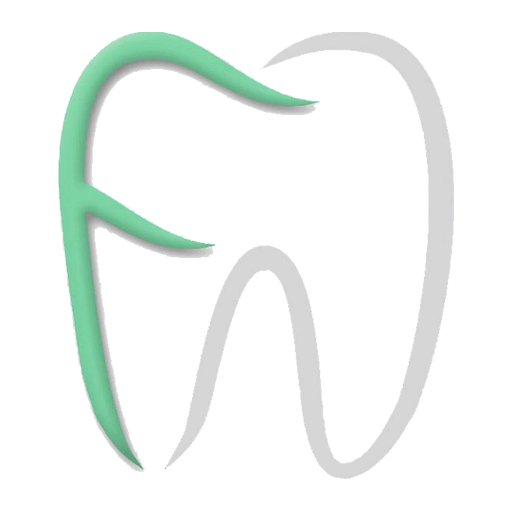Frequently asked questions
Rinsing your mouth with mouthwash is a good way of reducing the microbial load in your oral cavity. It is better to avoid the daily use of mouthwash containing Chlorohexidine because it can cause brown discolouration of the teeth. The use of mouth wash is prescribed in case of wounds or ulcers in the oral cavity or after surgery or after deep cleaning. You can use mouthwash if you have gingivitis or periodontal abscess.
Yes, flossing is very important to be done in daily routine. By flossing, you remove any food remnants between the teeth so the bacteria will not have sugars to nourish on. This way you reduce the halitosis (bad breath) and also you reduce the chance of decay.
The dentist visit should be done twice a year every 6 months for a regular check-up and scale and polish. This way we ensure that if there is any decay starting, we might be able to stop it (arrested caries) or fill it before it gets bigger and more tooth structure should be removed.
Dental X-rays are pretty safe as we use the latest technology machines that produce less radiation with very sensitive sensors to capture the fine details of teeth and bone. Our machines are checked every year by a “nuclear radiologist” that will ensure that our machines are producing a stable amount of radiation and are not leaking, for the safety of our patients and staff.
Caps and crowns cover problem teeth by surrounding them in a material that looks like a real tooth. They use the root and inside of the tooth as a base to build on, then attach with special cement.
Veneers and bonding improve your smile by sticking a layer of smoother and whiter materials like porcelain or resin to the natural tooth.
Talk with your dentist about which fix is right for you.
Yes, sweets and foods with acid, like candy and soda, could stick to teeth and lead to cavities. Smoking and chewing tobacco can cause oral cancer and gum disease.
While teeth are strong enough to chew ice and tear open packages, this can break them and stress your jaws. Gritting or grinding down on teeth when you’re stressed may crack them.
Biting your nails is another bad habit. It pulls your jaw out of position and changes how your teeth fit together.
A cavity is a small hole that forms inside the tooth because of tooth decay. Cavities are formed when plaque buildup on the outside of the tooth combines with sugars and starches in the food you eat. This produces an acid that can eat away the enamel on your tooth. If a cavity is left untreated, it can lead to more serious oral health problems. Cavities can be prevented by remembering to brush your teeth at least two times a day and floss between teeth at least once.
A filling is a synthetic material that your dentist uses to fill a cavity after all of the tooth decay has been removed. Fillings do not generally hurt because your dentist will numb your mouth with an anaesthetic. Fillings are made from a variety of different materials, including composites, gold, or ceramic. If you need a filling, be sure to talk to your doctor about what type is best for you and your teeth.
You should brush your teeth at least two times a day. Brushing keeps your teeth, gums, and mouth clean and healthy by removing bacteria-causing plaque. It is also recommended that you use a soft-bristled toothbrush and toothpaste that contains fluoride when you brush your teeth. You should spend at least a minute on the top teeth and a minute on the bottom teeth, and remember to brush your tongue; it will help keep your breath smelling fresh!
Your toothbrush will eventually wear out, especially if you are brushing your teeth twice a day for two to three minutes each time. Your dentist recommends that adults and children change their toothbrushes every three months. If you are using an electric toothbrush, be sure to read the directions because you may not need to change toothbrush heads as frequently. Patients with gum disease are encouraged to change their toothbrushes every four to six weeks to keep any bacteria from spreading. After brushing, rinse your toothbrush with hot water to kill germs and keep the bristles clean. If you’ve been sick, be sure to change your toothbrush as soon as possible.
Have more questions?
Learn more about oral hygiene, how to take care of your teeth and how to have a bright smile.

